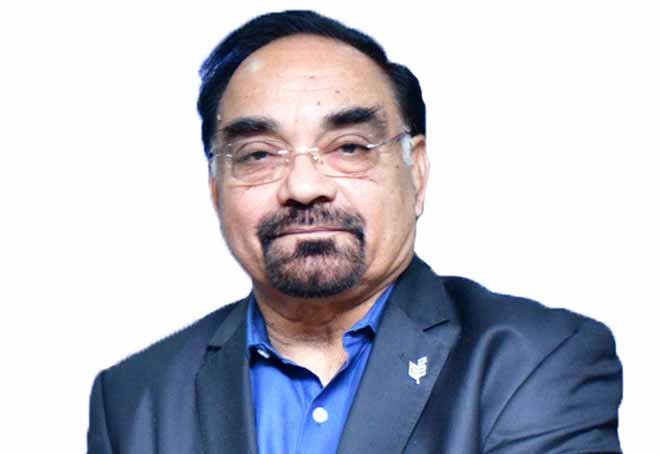Thursday, 29 January 2026

In a landmark move aimed at transforming agricultural innovation across the Global South, leading tractor manufacturer Tractors and Farm Equipment Limited (TAFE) has joined hands with the International Crops Research Institute for the Semi-Arid Tropics (ICRISAT) to launch the JFarm Adaptive Agriculture Research & Extension Centre in Patancheru, Hyderabad. The center will operate under the umbrella of ICRISAT’s Centre of Excellence for South–South Cooperation in Agriculture (ISSCA).
Positioned as a catalyst for scalable, sustainable, and mechanized agriculture, the collaboration merges TAFE’s legacy in farm mechanization with ICRISAT’s global leadership in dryland crop research, including innovations like machine-harvestable chickpea and climate-resilient cropping systems.
“Mechanization isn’t just about replacing labor—it’s about enabling precision farming while preserving vital natural resources,” said Dr T R Kesavan, Group President and Board Member at TAFE. “Through our deep field-level understanding of farmer challenges, and by leveraging ICRISAT’s scientific rigor, we intend to democratize access to innovation for small and marginal farmers—not just in India, but across Africa and Asia.”
The newly minted center will serve as a platform for research translation, field trials, and last-mile technology dissemination, with a strong emphasis on sustainability, water conservation, and reduced chemical input. In addition to promoting climate-smart mechanization and crop-residue management, it will also showcase TAFE’s JFarm digital custom hiring model, allowing smallholders to access modern farm machinery without the burden of ownership.
Dr Himanshu Pathak, Director General of ICRISAT, called the initiative “a leap toward Viksit Bharat,” India’s vision of becoming a developed nation. “This partnership is about reducing dependency—on chemicals, labor, and outdated practices. Mechanization and precision farming are critical enablers for resilient food systems, and this center will help take that mission global.”
Beyond its India footprint, the initiative is designed to scale across the Global South, targeting countries with shared agroecological and socioeconomic profiles. It will foster South–South knowledge exchange, skill development, and public–private partnerships, while serving as a launchpad for agritech startups and a hub for adaptive research in collaboration with universities and agri-extension agencies.
With dryland regions facing the brunt of climate variability, the JFarm–ICRISAT collaboration seeks to future-proof smallholder farming by anchoring it in research-driven, digitally enabled, and resource-efficient models.
The center is expected to be operational later this year and will begin with pilot training programs and demonstration models in Telangana, to be scaled across India and Sub-Saharan Africa in subsequent phases.